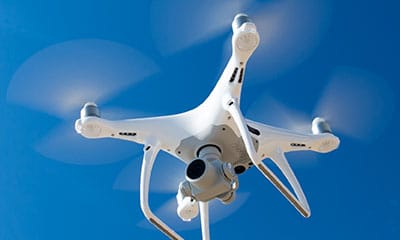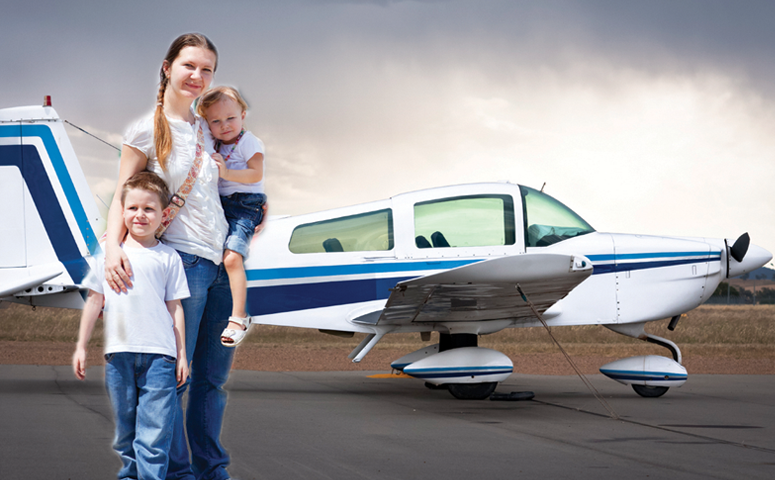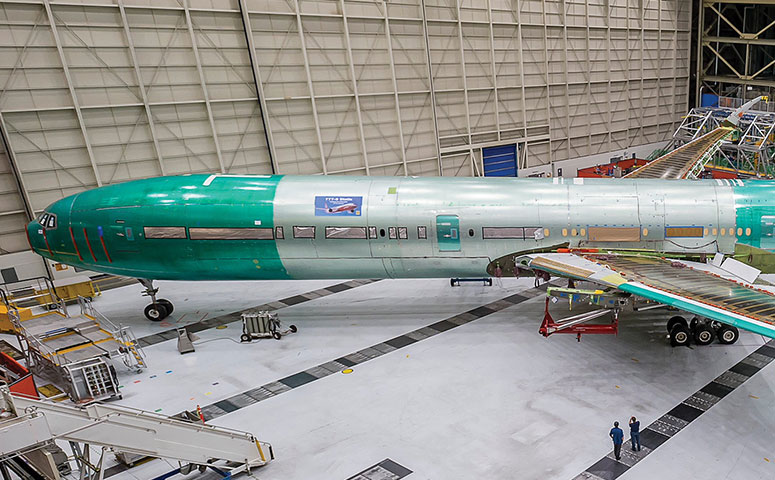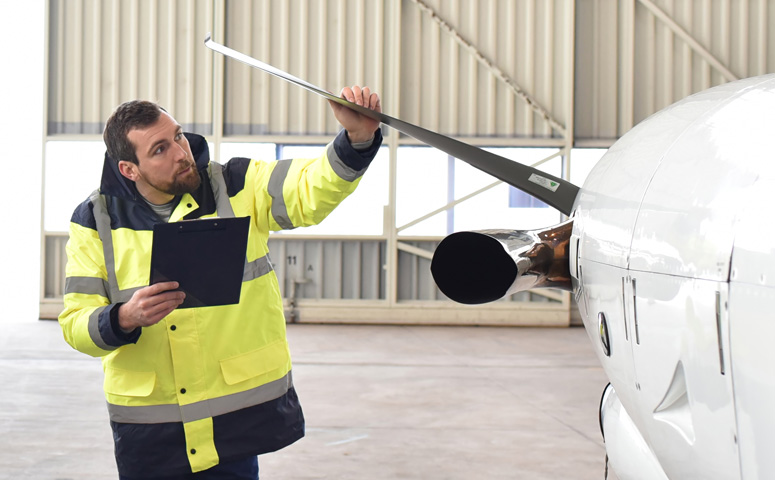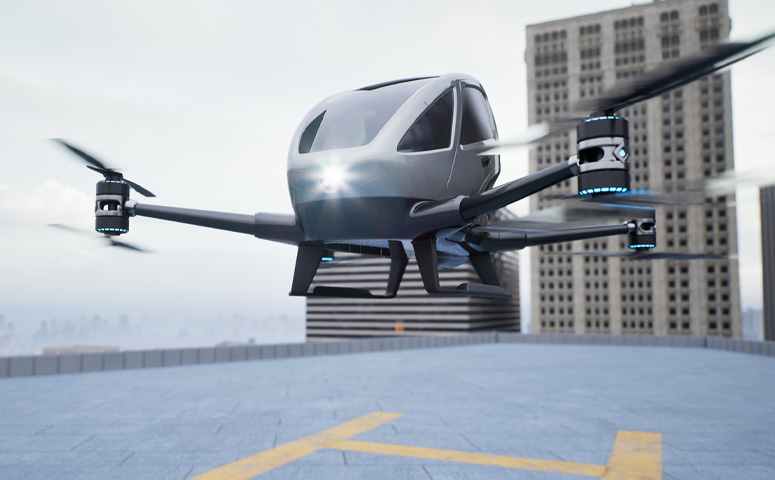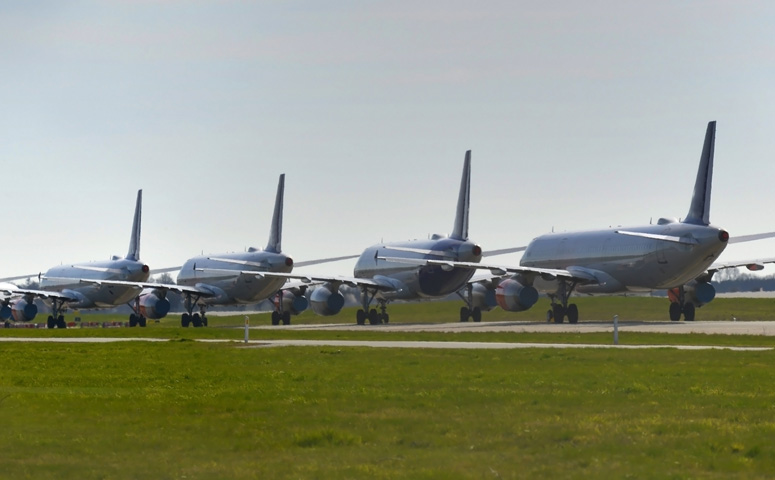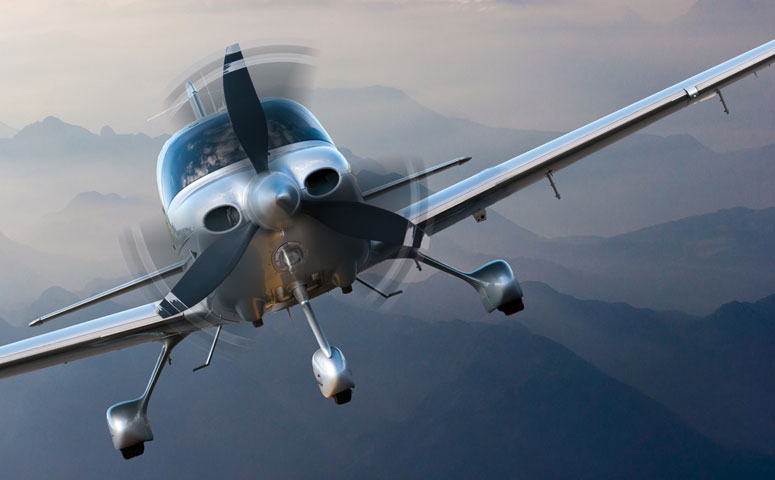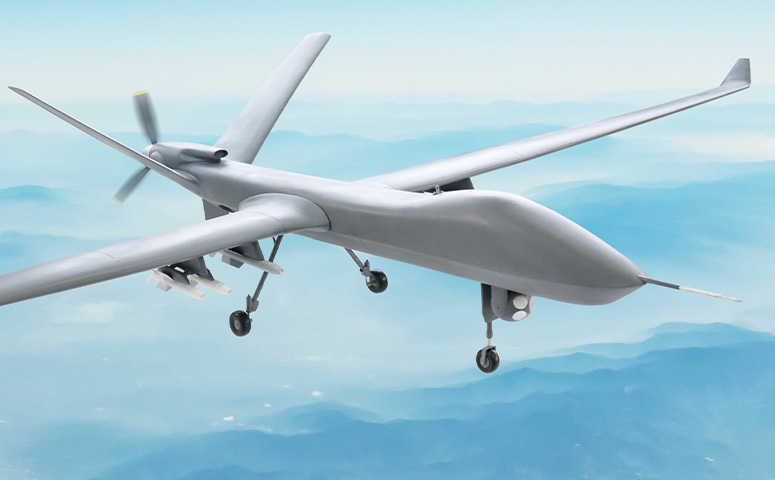Why Global Aerospace Aviation Insurance
Leveraging our passion for aviation, fully customized insurance solutions backed by a pool of the world’s foremost capital, and the deep expertise of our underwriters, claims experts, and other insurance professionals, we’re known for “coming through” for our clients—particularly when they face their biggest challenges.
The Global DifferenceAviation Insurance Coverage
Individuals and organizations throughout the aviation and aerospace industry—including pilots, corporate flight departments, airlines, aviation manufacturers and space agencies—choose Global Aerospace. Industry stakeholders benefit from Global’s innovative culture and investment in technology, which support effective collaboration internally and with clients and their brokers.
0+Experienced team members worldwide
0kInsuring over 30k general aviation aircraft worldwide
0+Insuring airline risk in over 80 countries worldwide
0%Leading 50% of the world’s major aerospace manufacturers and suppliers
Financial Security
Global Aerospace underwrites on behalf of some of the industry’s largest and most secure insurers and reinsurers. Together, they provide our clients with a degree of security not available from a single aviation insurance company.
Global Reach in Aviation and Aerospace Insurance
Headquartered in London and employing more than 300 dedicated team members worldwide, we maintain five offices in the United States and many others in key locations, including France, Switzerland, Germany and Canada. Wherever our clients are, they can seamlessly access the wide range of aviation insurance resources and expertise we offer and benefit from sharing our best practices across many product lines.
OneGlobal
Environmental, Social and Governance (ESG)
Our ValuesKeep in Touch: Sign up for our email communications
Sign Up